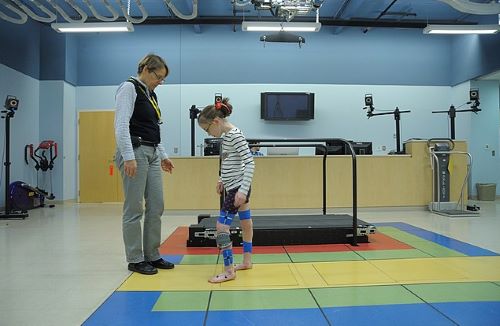

When families encounter the difficulties associated with palsy, they require assistance and direction to navigate legal matters. Cerebral palsy attorneys play a role in advocating for families impacted by this condition. By offering expertise and support, these professionals collaborate closely with families to safeguard their rights and ensure they receive fair compensation. In this post, we will delve into the role of palsy attorneys in empowering families and advocating for their needs.
Understanding Cerebral Palsy
Cerebral palsy is a disorder that affects movement and coordination. It often results from brain damage during pregnancy and early childhood. While medical advancements have greatly improved treatment options for individuals living with palsy, many families still struggle to provide care and support.
Navigating Legal Challenges
Families dealing with palsy frequently confront challenges related to medical costs, rehabilitation expenses, educational rights, and long-term care. Without assistance, these challenges can quickly become overwhelming. Cerebral palsy injury lawyers specialize in addressing these issues by providing needed guidance during difficult times.
Ensuring Inclusive Education
One of the responsibilities of lawyers specializing in palsy is to guarantee that children with this condition receive an education that caters to their specific needs. These legal professionals collaborate closely with families to advocate for accommodations, such as services or assistive technologies, which can significantly enhance a child’s learning journey. Through negotiations or, if required, legal proceedings, cerebral palsy lawyers strive to ensure opportunities for children living with this condition.
Securing Financial Support
The medical expenses and ongoing care associated with palsy can put financial strain on families. Cerebral palsy lawyers play a role in seeking compensation on behalf of their clients. They investigate negligence by healthcare providers, hospitals, or other responsible parties. By taking action and holding those for preventable harm cerebral palsy, lawyers assist families in obtaining the financial resources needed for quality care and support.
Facilitating Rehabilitation and Therapy Resources
Timely access to rehabilitation and therapy services can profoundly impact a child’s development when they have palsy. Cerebral palsy lawyers work diligently to ensure families can access the resources and specialized therapies their child requires. They negotiate with insurance companies, government agencies, and healthcare providers to secure coverage, assisting families in easing the financial burdens they face while supporting their loved ones.
Utilizing Support Networks
Cerebral palsy attorneys not only offer expert advice but also actively participate as advocates within larger support networks. These professionals often collaborate with experts, therapists, educators, and other specialists to create plans tailored to each individual client. By utilizing their network of palsy care specialists, these attorneys provide families access to a team of professionals who can cater to their needs.
Providing Emotional Support
Managing an illness or condition like palsy can be emotionally overwhelming for families. In addition to managing matters, they require emotional support throughout the entire process. Cerebral palsy attorneys comprehend these challenges and possess the skills to provide empathy and reassurance during times. They become trusted partners on the family’s journey, ensuring that both practical and emotional support is readily available for a comprehensive approach.
Fostering Legal Awareness and Empowerment
Cerebral palsy lawyers contribute to the empowerment of families by fostering legal awareness. They educate families about their rights, legal options, and the potential avenues for seeking justice. By ensuring that families are well-informed about the legal aspects of cerebral palsy, these attorneys empower them to make informed decisions and actively participate in the legal process.
Conclusion
When faced with the difficulties associated with palsy, families require guidance at every step of the way. Cerebral palsy attorneys play a role in supporting individuals with this condition and their families. They navigate the complexities, secure compensation for care expenses, ensure access to necessary resources, and empower parents through advocacy for educational rights. Ultimately, they help families take steps toward empowerment.
By working with dedicated palsy lawyers, families affected by this condition can find the assistance they need to face the future confidently.


